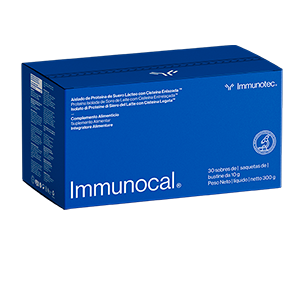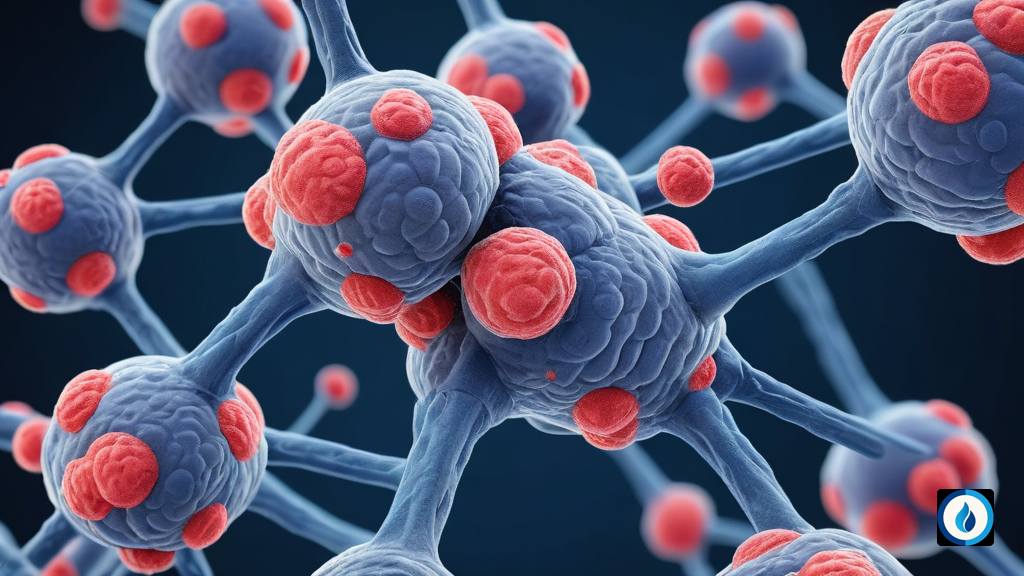Introduction
In the realm of cancer research, the quest for innovative approaches to enhance the efficacy of anticancer treatments has led to the exploration of unconventional synergies. One such intriguing avenue involves the utilization of whey protein isolate, particularly the patented variant known as Immunocal, to augment the cytotoxicity of anticancer drugs.
Research Study Overview
Immunocal: a promising adjunct in cancer therapy

- Improves the cytotoxicity of anticancer drugs
- It increases apoptosis in cancer cells
- Reduces glutathione levels
- Supports cancer treatment regimens
- Potential for clinical applications
Cell Culture Experiment
A study conducted on the human hepatoma cell line Hep G2 delved into the impact of whey protein isolate on the cytotoxicity of baicalein, a promising anticancer agent. The cells were cultured in various mediums for a four-day period, with assessments focusing on cell growth and apoptosis.
Findings and Observations
Results from the 3-(4,5-dimethylthiazol-2-yl)-2,5-diphenyl tetrazolium bromide assay unveiled a notable decrease in cell survival rates when baicalein was combined with Immunocal, compared to baicalein alone. Conversely, the survival rate remained relatively consistent in cells cultured in Immunocal.
Furthermore, an analysis of apoptosis revealed that the baicalein + Immunocal group exhibited heightened phosphatidylserine exposure, reduced mitochondrial transmembrane potential, and a substantial increase in apoptosis compared to the baicalein-only group.
Role of Glutathione
The study also shed light on Immunocal‘s impact on glutathione (GSH) levels in Hep G2 cells, showcasing a 20-40% reduction in GSH and its regulatory influence in response to baicalein exposure. This interplay indicated that Immunocal may amplify baicalein’s cytotoxic effects by fostering increased apoptosis, possibly through GSH depletion.
Conclusion
The research underscores Immunocal‘s potential role as an adjunct in cancer therapy, accentuating its ability to potentiate the cytotoxicity of anticancer drugs like baicalein through apoptotic mechanisms. This pioneering study in vitro hints at Immunocal‘s promise as a supportive agent in cancer treatment regimens.
